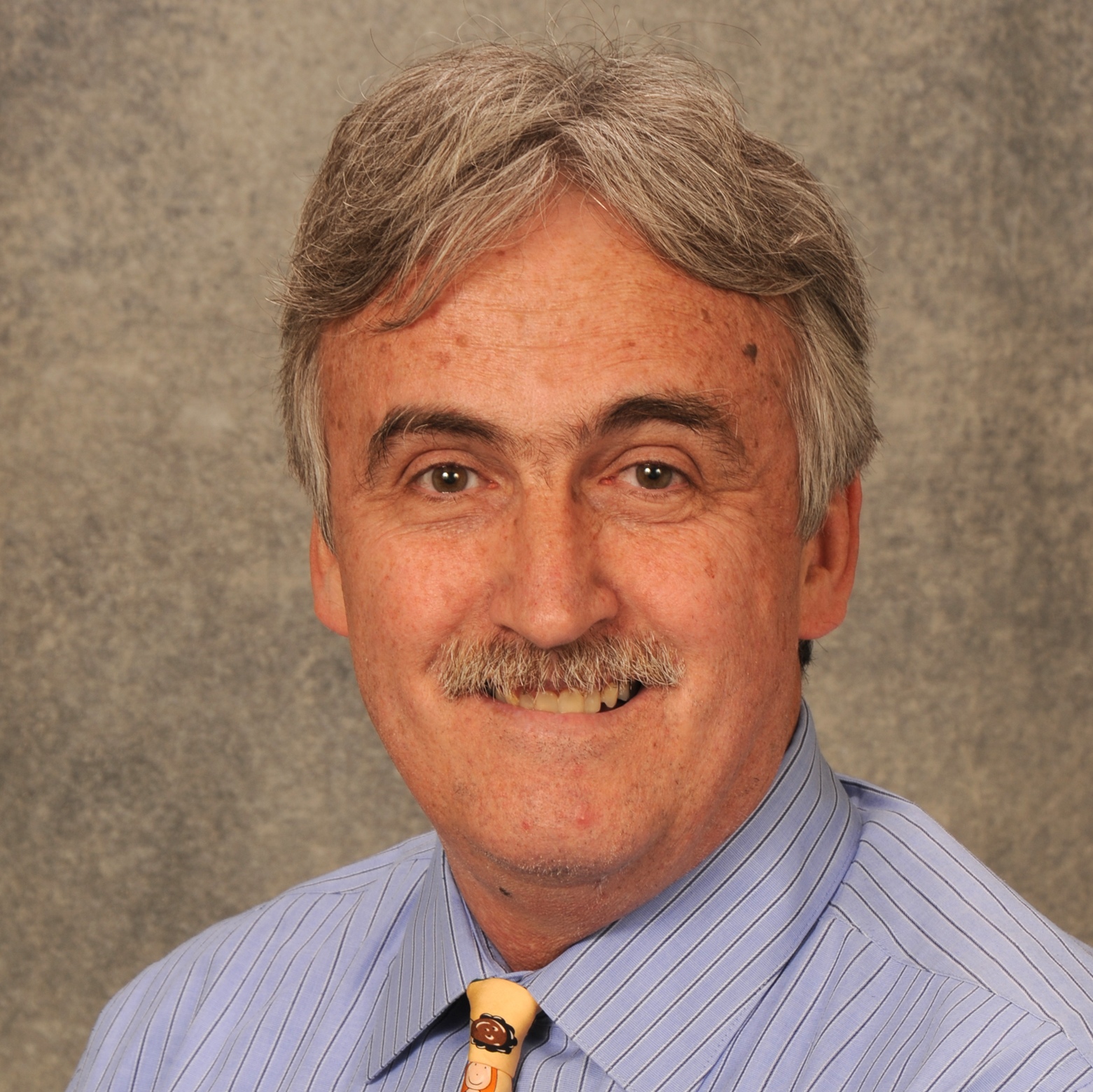Q&A with Dr. Francis Hickey
In recognition of Febuary as American Heart Month, the Global Down Syndrome Foundation held a Q&A with Francis Hickey, the Medical Director at the Anna and John J. Sie Center for Down Syndrome at Children’s Hospital Colorado and Linda Crnic Institute for Down Syndrome. Dr. Hickey has received one of the inaugural Crnic Institute Grand Challenge Grants, to study the pharmacokinetics of morphine in post-operative cardiac patients with Down syndrome.
1. Why do so many children with Down syndrome need to have heart surgery?
This is due to an increased percentage of heart defects in children with Down syndrome. Among the different patient populations with cardiac disease, the population with Down syndrome is unique. Approximately 40% of this patient group is born with congenital heart disease, often requiring repair within the first several years of life.
2. Please describe the nature of your research, in simple terms.
The primary goal is to improve the morphine management in patients with Down syndrome compared to those without Down syndrome before and after cardiac surgery. Measurement of morphine levels will be correlated with clinical findings in the post-operative time period to help understand pain medication needs.
3. How could your research end up benefiting people with Down syndrome?
This information will be essential in the management of post-operative pain and sedation in children with Down syndrome and congenital heart disease, as well as in general all children with Down syndrome in their pain management. This knowledge may also open a window in the challenging use of psychoactive medications in individuals with Down syndrome. Knowledge about the metabolism of morphine in these patients will guide dosing and therefore limit the clinical post-op risks and side effects these patients are exposed to in all clinical situations where pain control is needed.
Also, identifying the genetic locations which are involved in the metabolism of morphine in this patient population will lead to future understanding of the pharmacogenomics of patients with Down syndrome and assist in the development of studies leading to goal-oriented sedation protocols.
4. February is Heart Awareness Month. What heart-health advice do you have for people with Down syndrome and their families?
As with all children: Exercise regularly, eat healthy, and follow up with cardiologist as recommended.
5. How important is the Crnic Institute Supergroup in promoting collaboration?
This exciting collaboration is one of the few interactions nationally of researchers interested with basic research in Down syndrome with clinical researchers interested with the care and improved outcome of individuals with Down syndrome.
6. How important is the collaboration with The Heart Institute at Children’s Hospital Colorado?
The Sie Center for Down Syndrome collaboration with The Heart Institute at Children’s Hospital Colorado is vital to the outcome of individuals with Down syndrome with heart issues from birth on. Both clinics have ongoing interaction regarding the care of these patients. This current study is an example the collaboration of the Heart institute and the Sie Center for Down Syndrome.
7. Please tell us a little about yourself.
I grew up in Boston and am currently Medical Director at the Sie Center for Down Syndrome at Children’s Hospital Colorado. I received my undergraduate degree from Harvard University, medical degree at the University of Cincinnati College of Medicine, and completed my pediatric residency at Cincinnati Children’s Hospital Medical Center, with my fellowship in Developmental Pediatrics at Boston Children’s Hospital. In addition to my academic position for 25 years, I also was a primary care physician for 21 years in Pediatrics, including many children with special needs, including children with Down syndrome and autism. My research and clinical interests include Down syndrome clinical research, Down syndrome with the co-morbidity of autism, functional MRI application in Down syndrome, clinical database, and preterm infant outcome. My wife, Kris, and I have four children; the youngest, James, has Down syndrome and continues to teach us about life.
8. Is there anything else you’d like to add?
Our group would like to thank the Crnic Institute and Global Down Syndrome Foundation for the opportunity to hopefully open the window of pain medicine management during cardiac surgery in patients with Down syndrome as well as pain management in general.
Recent Posts
- GLOBAL LEADERS – An Exclusive Interview with Erin Suelmann, Executive Director of the Down Syndrome Association of Greater St. Louis
- Sleep Apnea Across the Lifespan in People with Down Syndrome
- Government Profiles: Robert Aderholt (R-AL) & Tammy Baldwin (D-WI)
- Connor Long & Josh Peck: A GLOBAL Bromance
- GLOBAL Launches Pilot Fitness Program using Mann Method PT


 Experience our inspirational and groundbreaking videos and photos. Our children and self-advocates are beautiful AND brilliant!
Experience our inspirational and groundbreaking videos and photos. Our children and self-advocates are beautiful AND brilliant! Make sure your local Representatives are on the Congressional Down Syndrome Task Force.
Make sure your local Representatives are on the Congressional Down Syndrome Task Force.